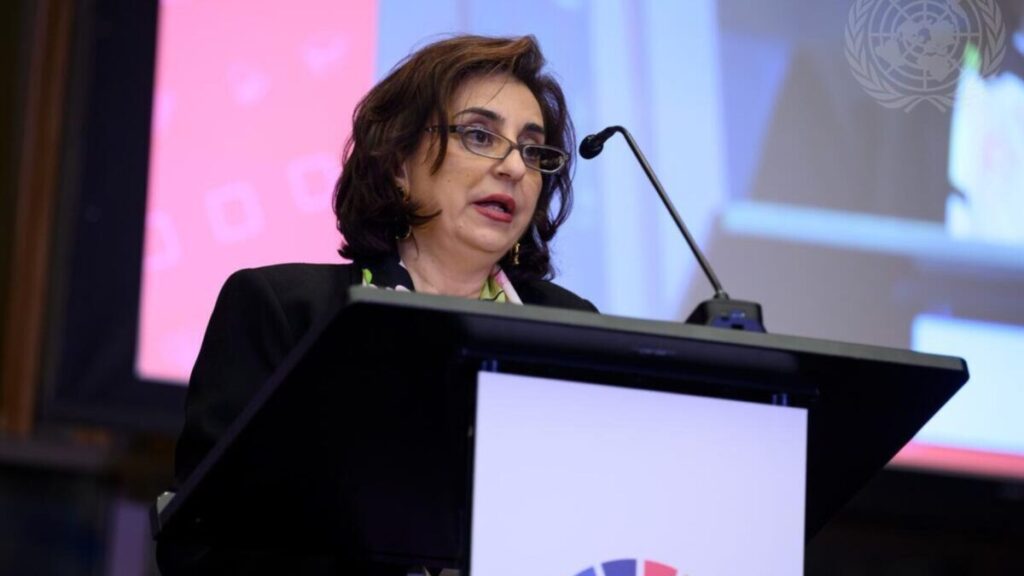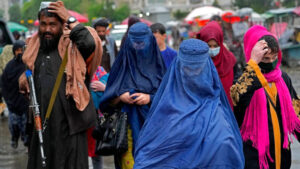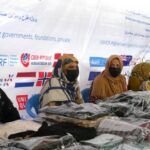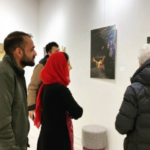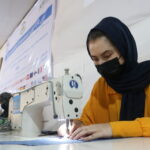Sima Bahous, UN Deputy Secretary-General for Women’s Affairs, says that in large-scale humanitarian crises, women and girls are the first and heaviest victims. From Afghanistan to Yemen, from Sudan to Gaza, it is women who bear the steep cost of instability, violence, and hunger.
Ms. Bahous made these remarks at the UN General Assembly session marking the 30th anniversary of the Fourth World Conference on Women. At this session, the alarming situation of women and girls in war-torn countries—especially Afghanistan—was a central focus for senior international officials.
They stressed: “We owe it to women and girls in every country to spare no effort in the pursuit of peace and justice.”
Also at the session, UN Secretary-General António Guterres warned of the global rise in misogyny, saying that decades of hard-won progress in women’s rights are now under renewed pressure.
He further emphasized: “Widespread conflicts and climate crises have severely restricted the rights and freedoms of women and girls. Structural and technological hate is expanding, and we must resist it.”
Meanwhile, Reem Alsalem, UN Special Rapporteur on violence against women, referring to the painful situation of women in Afghanistan and Palestine, described these countries as examples of the “systematic destruction of women.”
Reem Alsalem added: “While the world sits in silence, women and girls are being deliberately targeted and marginalized. This inaction exposes the true face of governments that claim to support women’s rights.”
It is worth noting that Afghanistan was one of the main focuses of this session. According to the UN High Commissioner for Human Rights, maternal mortality rates in Afghanistan are among the highest in the world.
Since taking power, the current authorities have deprived women and girls of education. In their latest restriction, they closed the doors of medical institutes to female students, even though Afghanistan’s health sector faces a severe shortage of personnel.
This move has left millions of schoolgirls without access to education.
In addition, women have been banned from going to gyms, restaurants, public baths, receiving medical treatment from male doctors, traveling without a male guardian, and working in national and international NGOs—even in UN offices in Afghanistan.

